Biographies
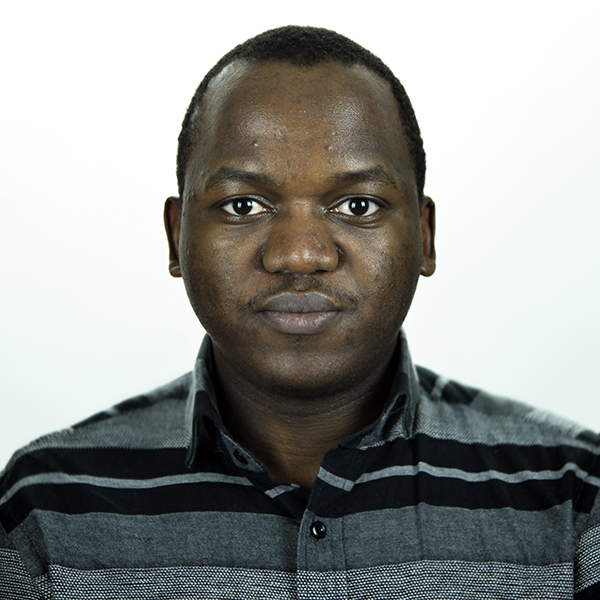
Francis Chemorion
Francis Chemorion is the Early Stage Researcher 1 - PhD candidate in the European Project "Disc4All". He is ensuring collection of data from large data infrastructures, curating it with secondary data from models and simulations to come up with a robust integrated model which will be the basis of a central repository for the project with secured remote access and a comprehensive Data Governance framework. He is passionate about data and its use in powering innovation in research. He designs & develops modern enterprise data architectures by leveraging business intelligence tools, big data tools and creative problem solving. He develops software and systems that enable clients to surface information from their systems and draw insights that drive decision making.
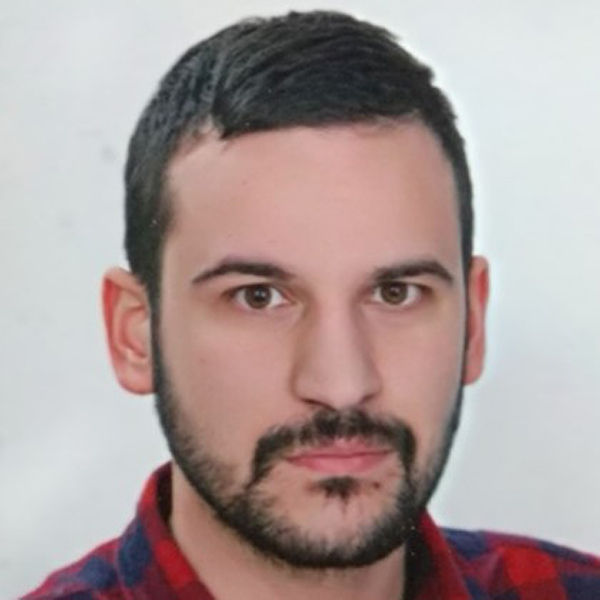
Dimitrios Lialios
Dimitrios Lialios is the Early Stage Researcher 2 – PhD candidate in the European Project “Disc4All”. He graduated from the Aristotle University of Thessaloniki with a Diploma in Mechanical Engineering and specialization in computational methods in structural analysis. His current position is based in Barcelona Supercomputing Center (BSC). His research revolves around the computational aspects of simulating an Intervertebral Disc (IVD). From the development of a poro-visco-hyperelastic numerical model that can run on Alya, BSC’s finite element solver, to the development of an Agent Based (AB) solver that simulates the expression of proteins related to IVD degeneration and finally, their coupling over simulating a highly accurate in-silico model of the IVD. All the applications are optimized for High Performance Computing (HPC).
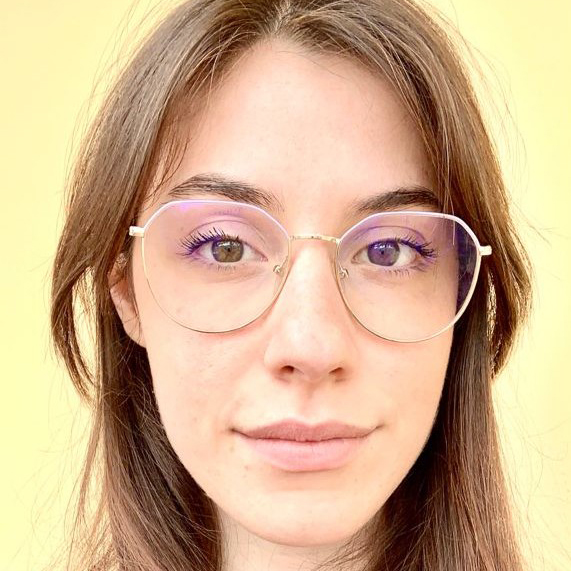
Maria Paola Ferri
Maria Paola Ferri is the Early Stage Researcher 3 - PhD candidate in the European Project "Disc4All". She graduated in 2018 in Biotechnologies, from the University of Rome La Sapienza, and in 2021 she obtained the Internation Master degree in Bioinformatics from the Alma Mater University of Bolumn. Her master thesis was focused on the creation of Cloud architectures designed to support and instantiate Bioinformatics applications, curing the portability and the user-friendly access to them. Right now, she is holding a position in the Life Science's Department at the BSC (Barcelona Supercomputing Center). Her role in the Disc4All project would be to extend the implementation of the IDD identification and prediction software in development into a Cloud and HPC environment, so to create in the end a portable and ready-to-use front-end workflow in the LBP (low back pain) investigation, for user and non-experts.

Terence McSweeney
Terence McSweeney is the Early Stage Researcher 4 - PhD candidate. He trained originally as an osteopath at the British College of Osteopathic Medicine and went on to lecture there and at Swansea University. He received a MSc in Pain Management from the University of Edinburgh and a PGCert in Teaching in HE from Swansea University. As an osteopath he has worked in a wide range of clinical settings including the NHS in the UK and private practice in Bahrain. Now he has returned to academia full time as an Early Stage Researcher with Disc4All at the University of Oulu, Finland. His research uses deep learning and multi-omics approaches to tackle the interpretation of imaging data in intervertebral disc degeneration.

Sai Natarajan
Sai Natarajan is the Early Stage Researcher 5 - Ph.D. candidate in the Disc4All European Project. He graduated in 2019 with a degree in Integrated Masters in Computer Applications from SSSIHL, India. Soon after, he started working as an independent researcher in the areas of image segmentation and generative modeling at Zentralklinik, Germany where he developed tools for understanding shape variations and structural changes in the Lumbar Spine. His current position is based at 3D-Shaper Medical and also at the University of Pompeu Fabra. His main focus of research areas include deep learning-based subject-specific segmentation and 2D-3D reconstruction of shape from single-view images. Reconstruction of the vertebral and disc bodies could lead to the finite element analysis for disc degeneration.
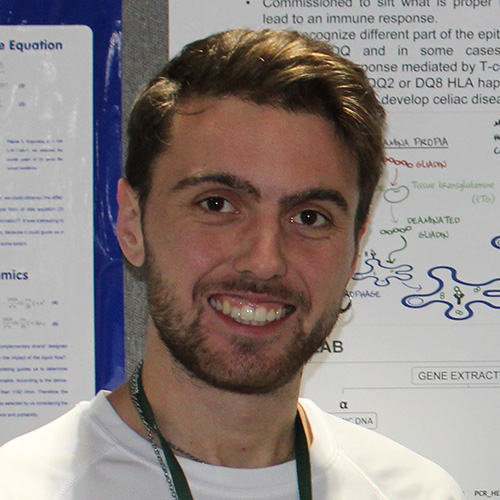
Roger Compte Boixader
Roger Compte Boixader is the Early Stage Researcher 6 - PhD candidate. He studied a Biotechnology BSc and a Bioengineering MSc at Insitute Quimic de Sarrià (IQS) at Ramon Llull University in Barcelona. He undertook a MSc thesis at Massachusetts Institute of Technology (MIT) in Boston where he developed methodologies to study osteoarthritic knee cartilage function recovery from mechanical stimuli and the administration of medication. He joined Disc4All with the aim to assemble and further improve his skills. He looks forward to contributing to Disc4All by analysing the relationship of the gut microbiome and host genetics with disc degeneration through data driven approaches.
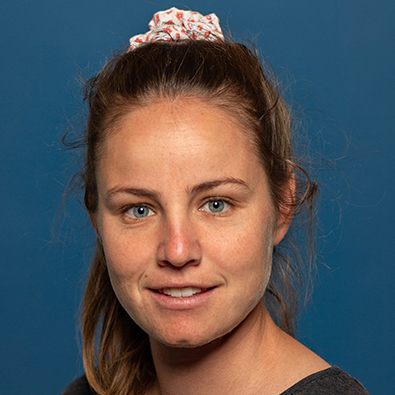
Andrea Nüesch
Andrea Nüesch is the Early-Stage Researcher 7 – PhD candidate in the European Project “Disc4all”. Andrea graduated at the Swiss Federal Institute of Technology in Zurich (ETH Zurich) with a bachelor’s degree in Health Sciences and Technology, followed by a master’s degree in 2021 with focus on medical technology. For her master’s thesis, she joined the AO Research Institute Davos, where she was part of the group for Intervertebral Disc Regeneration where she investigated the influence of the secretome of primed mesenchymal stromal cells on Interleukin (IL) -1 stimulated Nucleus Pulposus cells. Currently, Andrea is based in the Biomolecular Sciences Research Centre (BMRC) at the Sheffield Hallam University, United Kingdom. The focus of her research is the experimental exploration of the microbiome in degenerated intervertebral discs.

Francesco Gualdi
Francesco Gualdi is the Early Stage Researcher 8 - PhD candidate in the European Project “Disc4All”. He completed his bachelor's degree in Biological Sciences at the University of Ferrara with a thesis focused on the characterization of cells coming from intervertebral disc (IVD). He graduated with honors from the University of Verona in 2021 with an M.Sc. in molecular and medical biotechnology. In parallel to his academic career, he had many working experiences as employee and teacher. His Disc4all Project aims to prioritize genes involved in Lumbar Disc Degeneration and to organize the amount of genetic information related to disc degeneration and its comorbidities to better understand its genetic basis and possibly to identify new biomarkers and therapeutic approaches to the disease.
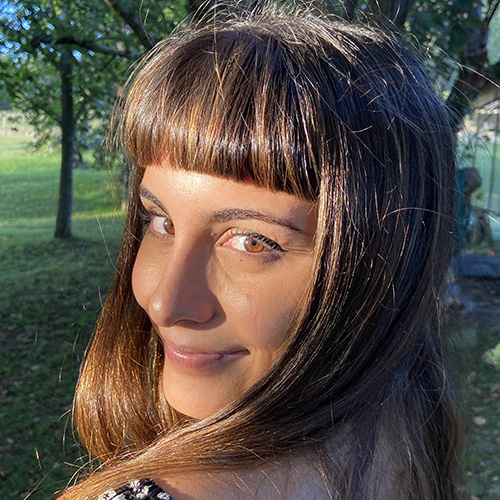
Paola Bermudez-Lekerika
Paola Bermudez-Lekerika is the Early Stage Researcher 9 - PhD candidate in the European Project "Disc4All". She graduated from the University of Navarra with a Bachelor's Degree in Chemistry (2017) and Biochemisty (2019). Afterwards, she obtained her Master's Degree in Biomedical Research with a speciality in Regenerative Medicine and Advanced Therapies. Her current position is based in Tissue Engineering for Orthopaedics & Mechanobiology Lab, Department of Biomedical Research (DBMR), University of Bern. Her research focuses on understanding the key catabolic phenotypes involved in Intervertebral Disc Degeneration (IDD) and identifying in silico potential gene variants associated with this disease. Identification of these phenotypes and genetic variants could lead to a better understanding of IDD.
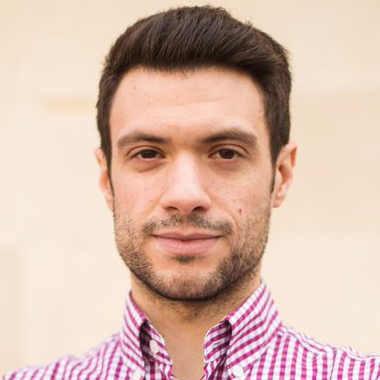
Exarchos Kanelis
Exarchos Kanelis is the Early Stage Researcher – 11, a PhD candidate in the Project “Disc4all”, which uses Intervertebral disc degeneration as a case study for forming a novel approach on how multifactorial disorders could be addressed. He has a BSc in “Molecular Biology & Genetics” from Democritus University of Thrace and an MSc in “Biotechnology” from the Technical University of Denmark. After his studies, he worked in Oxford - UK for two years gaining experience in assay development for biosensors and DNA/RNA sequencing products. His PhD project will take place in Protatonce, a biotechnology company located in Athens, Greece and is specialised in multiplex assay development & production , biomarker discovery, biomarker performance and compound evaluation. He will be using the Luminex technology for analysing hundreds of intracellular and extracellular proteins in order to identify differences in the proteomic profiles between healthy and LDD cells. He will also use in silico and bioinformatic tools to propose the Cell Signalling Pathways that are activated in LDD and propose mechanism-based biomarkers.
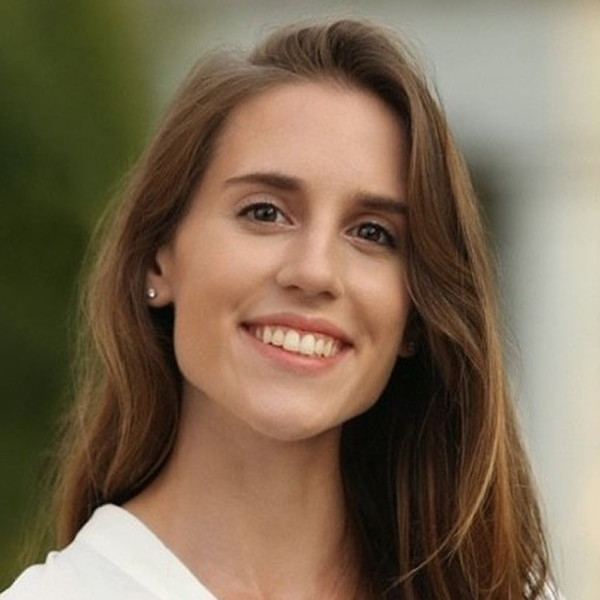
Katherine Crump
Katherine Crump is the Early Stage Researcher 10 - Ph.D. candidate in the European Project "Disc4All". She received her B.S in biomedical engineering at University of Virginia, and then went on to work at a startup and do research at the Auckland Bioengineering Institute before returning to the University of Virginia for her Masters. In her Masters research, she developed a computational model of long-term muscle degeneration in Duchenne muscular dystrophy. With Disc4All, she is very excited to apply her knowledge to combine computational modeling and tissue engineering to improve understanding of the intervertebral disc. The PhD involves an interaction of in silico modeling and evaluating parameters in vitro in organ culture models, such as glucose and lactate concentration, cell survival, and pro-inflammatory cytokines. These models will be evaluated in 3D cell, tissue, and organ cultures involving mechanical stimulation.
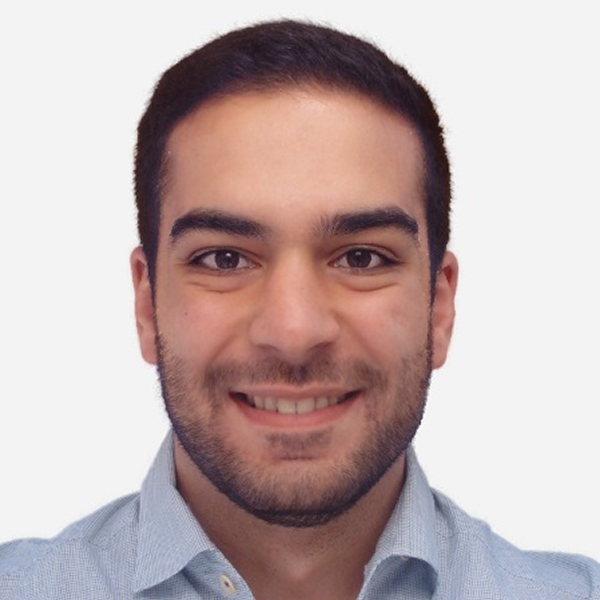
Ahmad Al Minnawi
Ahmad Alminnawi is the Early Stage Researcher 12 – Ph.D. candidate in the European Project "Disc4All". Graduated with a B.E. in Mechanical Engineering from the Lebanese American University in Lebanon (2018) and with an M.Sc. in Bioengineering from Osaka University in Japan (2021), Ahmad Alminnawi defines himself as an international person with multidisciplinary knowledge and experience. He is currently working as a researcher within a collaboration between Université de Liège and Katholieke Universiteit Leuven in Belgium on the topic of "In vitro and in silico modeling of cartilage endplate degeneration mechanisms" to unravel the source of the largest cause of morbidity worldwide which is lower back pain.
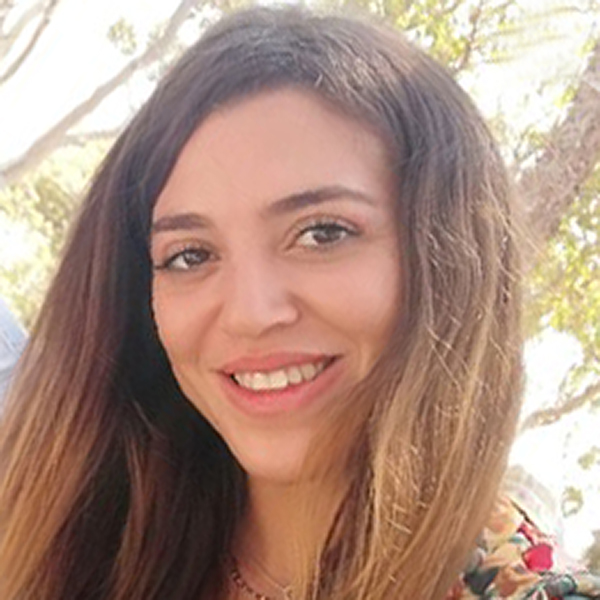
Sofia Tseranidou
Sofia Tseranidou is the Early Stage Researcher 13 - PhD candidate in the European Project “Disc4All”. She obtained her Bachelor’s Degree in Applied Mathematics and Physical Sciences in the National Technical University of Athens (NTUA) in 2017, while at the same time completed her internship in the Onassis Cardiac Centre of Athens as an assistant to the department of the CT. In 2020 she received her Master’s Degree in Computational Biomedical Engineering in the Universitat Pompeu Fabra (UPF). Her thesis focused in the mechanobiology of the intervertebral disc cartilage endplate. She is a member of the Department of Information and Communication Technologies (DTIC) in UPF, and the aim of her research is the multiscale modelling of the mechanism that take part during intervertebral disc regulation. She explores the dynamics of the cell activity and how it contributes to the tissue turnover to specific regions of interest, by modelling and simulating bottom-up processes of tissue regulation. The results might help the biomedical field by enhancing patients’ general well-being suffering from low back pain (LBP).
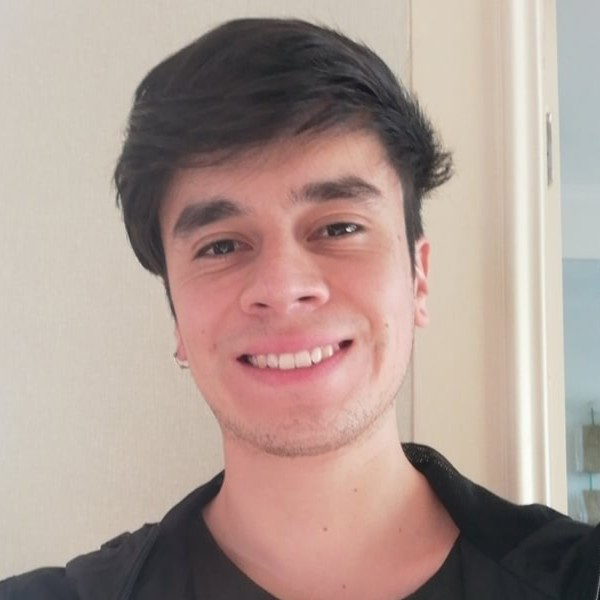
Estefano Muñoz Moya
Estefano Muñoz Moya is the Early Stage Researcher 14 - PhD candidate in the European Project "Disc4All". He has a degree in Engineering Sciences with a mention in Mechanical Engineering (2017), Civil Engineering (2020), and obtained his Master's degree in Mechanical Engineering (2020) from the University of Santiago de Chile. He has dedicated his previous research to two Chilean projects through experimental tests and numerical simulations. His current research focuses on systematizing multiscale modelling of intervertebral disc regularization during degeneration. Molecular/cell and tissue/organ scale models are locally integrated into areas of interest, thus generating an intelligent atlas of simulated data. This will allow the extraction of simulated and real data altogether and the spatio-temporal evolution of degeneration, characterized by specific hierarchies of risk factors and exploitable clinically.
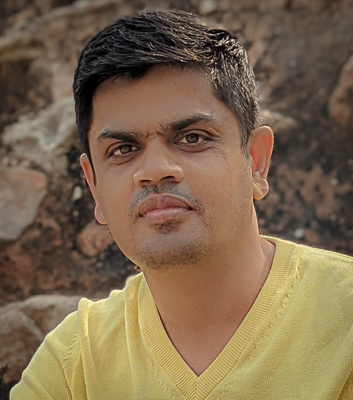
Narasimharao Kowlagi
Narasimharao (Nash) Kowlagi is the Early Stage Researcher 15 - Ph.D. candidate affiliated to the University of Oulu for the European Project "Disc4all". He has a bachelor's degree in Computer Science & Engineering and a master's degree in Machine Learning and Artificial Intelligence. Before Disc4all, he was working for Accenture (~15 years) providing digital solutions for clients internationally. With the Disc4all project, he is excited to pursue his passion for AI in Healthcare and aims to apply his expertise in computer vision to study various medical image modalities. His primary research involves patient stratification by combining clinical and MRI (Spine) data using deep learning techniques and the need for psychological assessments for the patients having lower back pain (LBP).

IMPORTANT: To apply for the MSCA Early Carrer Researcher (ESR) Training positions, applicants must fulfil the following criteria:
- Mobility: to be eligible for a position, you should not have resided in the country of the host institution for more than 12 months over the three years before the starting date of the position, excluding holidays and (refugee status) asylum application.
- Early Stage Researcher (ESR): At the time of recruitment by the host organisation, an ESR shall be in the first four years (full-time equivalent research experience) of his/her research career and not have been awarded a doctoral degree.
Candidates must prove that they fulfil the aforementioned criteria through relevant documentation (certificates, official statements, residency card…).


